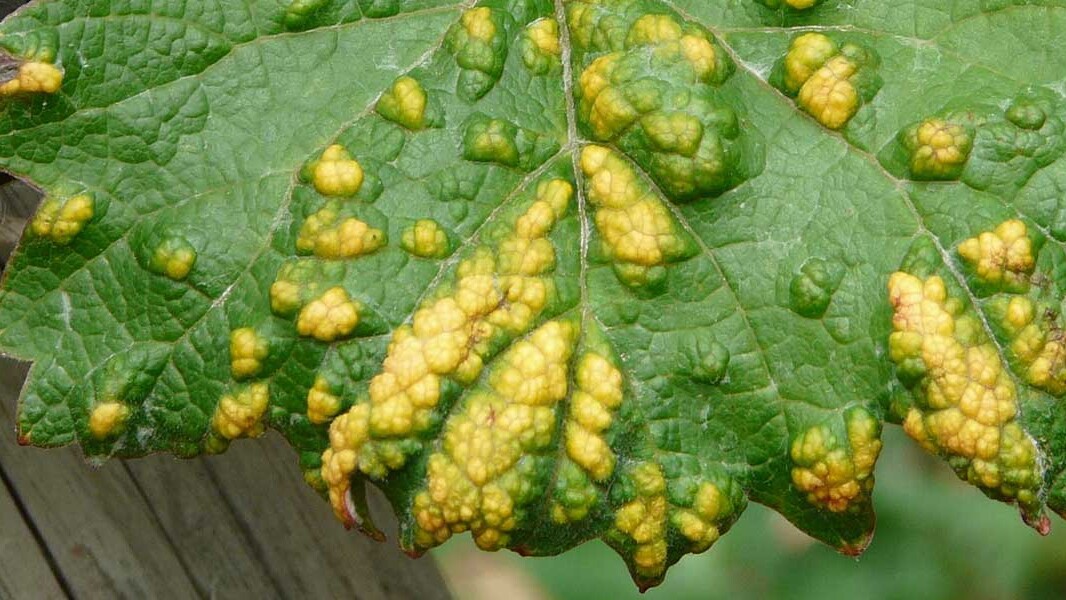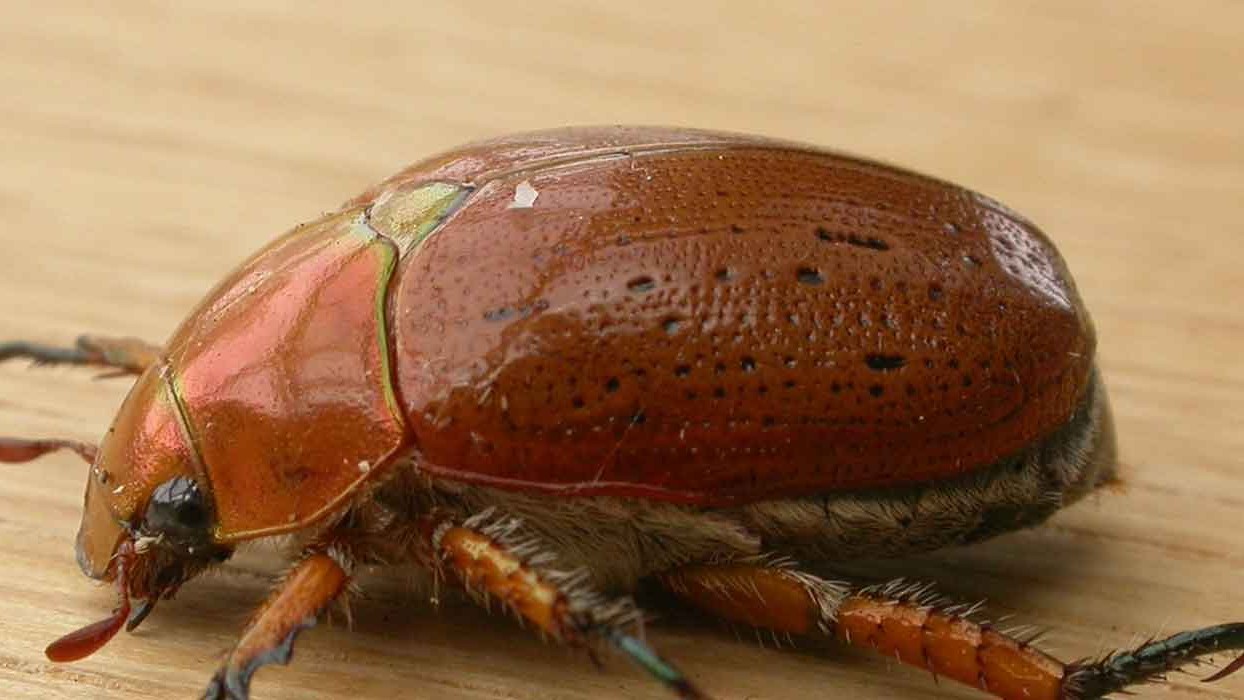Pesticides include insecticides, herbicides and fungicides, which are designed to kill insects, weeds and diseases respectively. Using pesticides may be necessary at times, but in many cases there are alternatives that are often more effective in the long run and less harmful to you and the environment.
Pesticides in the environment
What happens to pesticides released into the environment is not always known. They are either broken down or degraded by sunlight, water, other chemicals or microorganisms such as bacteria or remain unchanged in the environment for long periods of time. Some pesticides are selective against a given pest, while others are relatively non-selective towards a large group of organisms. After applying them to plants, pesticides can eventually end up in other parts of the environment, such as water, soil or air where they may affect other organisms.
Pesticides in our waterways
If a pesticide is very soluble it is easily transported by rainwater as runoff. Water from rain carries pesticides from lawns and gardens into nearby street drains. Street drains feed directly into waterways. Once in the water, pesticides dissolve, dilute or combine with other chemicals to create harmful combinations that can kill fish, frogs and aquatic life, limit beneficial plants and animals and increase growth of algae. Excess algal growth causes light deficiencies for plants and depletes oxygen levels that fish need to survive. Clean water is an essential part of our quality of life. We can help protect our rivers, streams, lakes and bays by rethinking and reducing our use of pesticides.
Pesticides in the air
Pesticides that are more volatile have the ability to evaporate and be absorbed into the atmosphere potentially moving long distances. Fine mists of pesticides can drift to nearby plants and kill them. Bees and other pollinators can be killed if a pesticide is sprayed when they are in the field. Pesticide sprays can also kill the natural enemies of pest insects. In the United States EPA studies on animals have shown that of the 34 chemicals that make up 95% of lawn pesticides, 10 are carcinogenic, 12 cause birth defects, 20 are neurotoxic, 7 alter the reproductive process, 13 cause liver damage, and 29 are irritants.
Pesticides in the soil
Pesticides that percolate through the soil may inadvertently kill beneficial organisms such as earthworms. They may also enter the groundwater and potentially pollute our drinking water. Pesticides are made to be toxic. These chemicals may affect your health, the health of your neighbours and the health of smaller animals and plants in your community. Be an informed consumer and use environmental common sense when using pesticides in your home and garden.
As a member of Sustainable Gardening Australia we ask you to consider chemical alternatives or use low environmental impact chemicals, slow release fertilisers and use only the amount recommended by the manufacturer. Try not to apply these chemicals before rain or on windy days.
AVOID DISPOSING OF GARDEN WASTE IN GUTTERS OR DRAINS.
Related Articles:
Prevent Pests in Your Garden
If you can prevent pests in your garden you will save time, resources and money as well as helping your garden flourish. Effective pest control is…
Christmas Beetles
Most of us would be familiar with the brightly coloured, glossy and sometimes iridescent Christmas beetles. We often see them dazed and confused,…




